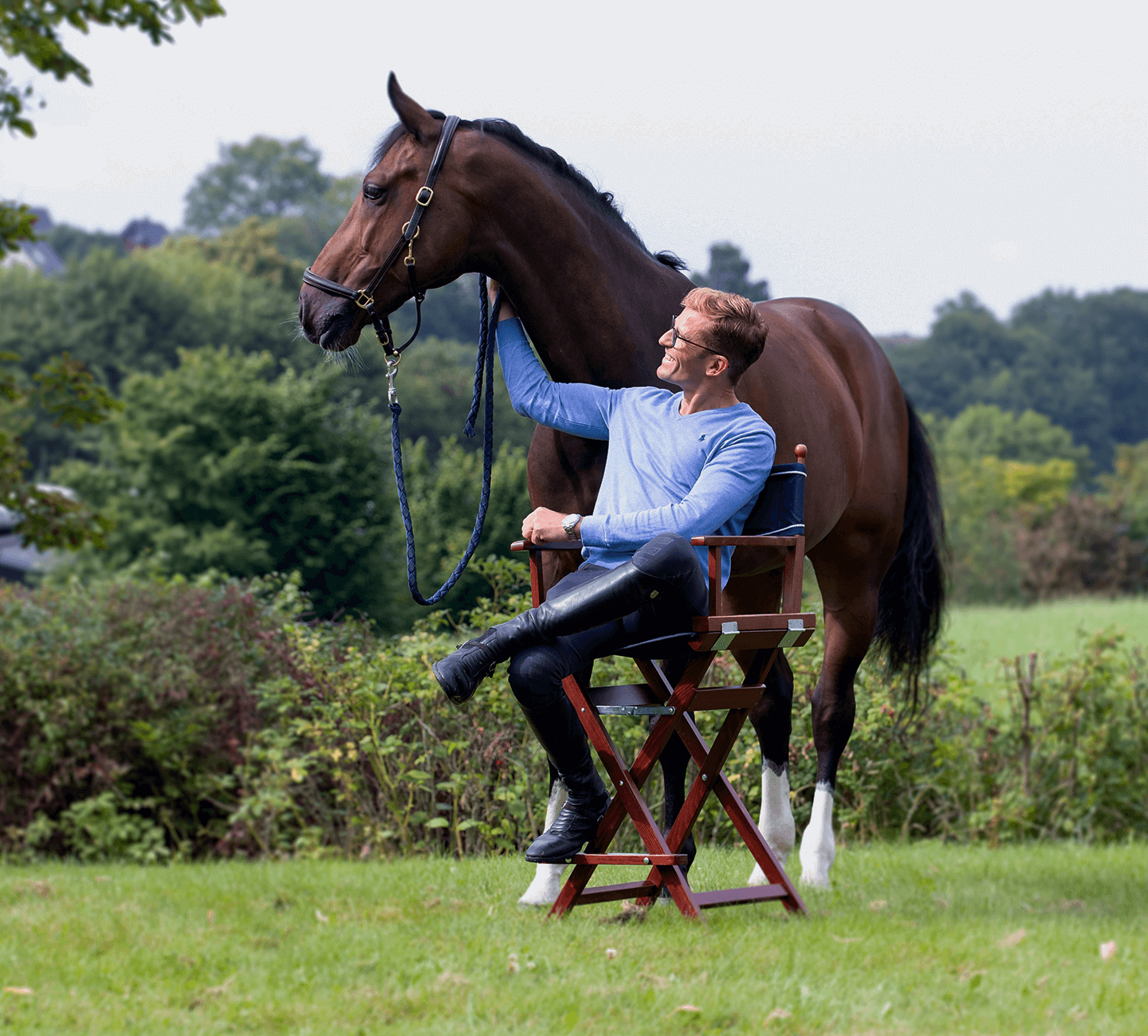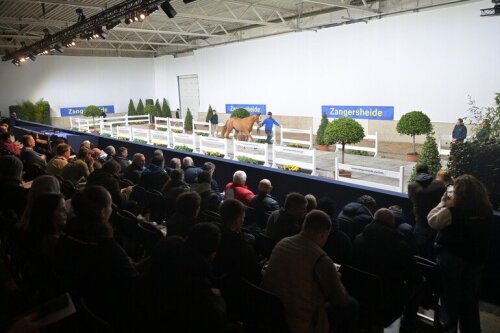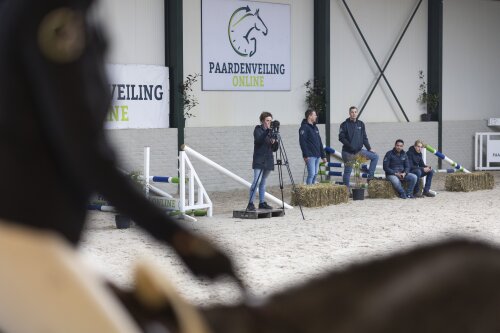Based in Warstein, Germany, Jens Wawrauschek has built a strong reputation through his company JW Horses, known for connecting talented showjumpers with riders worldwide. With experience gained at top European stables and a sharp understanding of the international market, Wawrauschek focuses on honesty, precision, and long-term partnerships between horse and rider. In this interview, he shares his perspective on how the sport horse trade has evolved, and where it’s heading next.
“Clients are looking for more developed horses”
“The sport and market have changed a lot in the past few years,” Wawrauschek begins. “Smaller shows are seeing fewer entries, while the bigger ones are gaining reach and prestige. As a result, clients are increasingly looking for more developed horses rather than ones they need to grow with themselves. Most of the time, they want to compete at good shows right away and achieve results. My experience is that clients are really looking for experience in horses, and less for young ones that still need to be produced.”
A global and evolving market
Asked whether the trade in top horses will remain the same, Wawrauschek stresses that the industry is constantly evolving. “The sport and market are always dynamic, they’ll keep developing over time. Take globalisation, for example: the UAE and Asian markets are just at the beginning of their story, and I’m sure that will influence the existing market even more.”
“Twenty or thirty years ago, the trade was centered in Western Europe, and horses mainly stayed in that region. Now, they travel across all continents. As the sport continues to grow in the United States, the UAE, and Asia, more and more horses will move back and forth. There’s huge potential for development in those areas, and I’m sure they’ll continue to strengthen and build real equestrian communities.”
Balancing dreams and reality
For Wawrauschek, one of today’s biggest challenges in horse trading lies in aligning client expectations with a horse’s true abilities. “Every client wants their dream horse, and those horses exist, but we have to remember that horses are living beings,” he says. “They can have good and bad days. They can thrive in the right environment or be negatively affected in the wrong one. Our job is to explain that their wishes and the horse’s reality must fit together, and that sometimes both need to develop together.”
Growing expectations
With the professional sport growing in visibility and ambition, expectations have also risen. “Clients expect more from horses now than, say, five years ago,” Wawrauschek says. “They still find their perfect matches, but they need to remember that the relationship they build with the horse is what makes it their dream partner. Building that partnership takes time, it’s not achieved in one day, and that’s something people sometimes forget.”
Looking toward the future
As for the future of the sport, Wawrauschek hopes to see broader opportunities at the grassroots level. “I’d like to see more people get the chance to start riding,” he says. “The basics of the sport need to broaden again. Children and young riders should have more opportunities at shows to develop within our beautiful sport.”
He concludes with a principle that also defines JW Horses: “Trust is key. It’s important that clients can trust the trader and/or seller and see the potential partnership they could form with a particular horse.”



